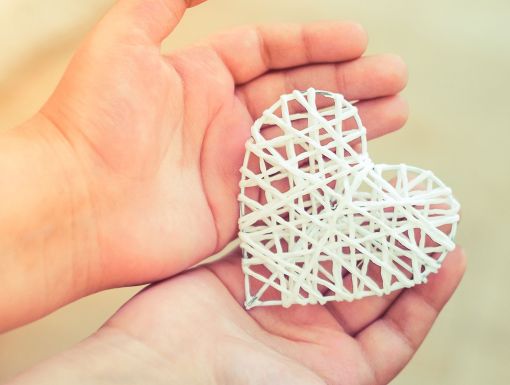
The Guide to Organ Donation: What You Need to Know
Every day, thousands of people in the United States wait for a second chance at life through organ transplantation. Over 103,000 men, women and children are currently listed on the national transplant waiting list. Yet, the number of registered organ donors remains far below what is needed to meet the demand. By learning the facts about organ donation, you can make an informed decision that has the power to save lives.
What is organ donation?
Organ donation is the process of giving an organ (or a portion of an organ) to save or enhance the life of someone in need of a transplant. This can happen after death (deceased donation) or while the donor is still living (living donation). One donor can save up to nine lives by donating their heart, liver, lungs, kidneys, pancreas and intestines.
Additionally, tissue donation, such as corneas, skin and bone, can improve the quality of life for recipients by restoring their vision, helping them heal from injuries, or combating debilitating conditions.
Five life-saving truths about organ donation
- Organ donation saves lives: Organ transplantation can give patients with severe diseases or end-stage organ failure a new lease on life. For instance, a kidney transplant eliminates the need for dialysis, while a liver transplant can restore a person's ability to process nutrients and eliminate toxins.
- Anyone can become a donor: People of all ages, races and medical histories may be eligible to donate organs. Medical professionals evaluate the health and suitability of organs at the time of donation. Even those in their 90s or with certain health conditions might still be eligible to donate.
- Living donation is a powerful option: Living donation allows healthy individuals to donate a kidney or a portion of their liver to a recipient. This reduces wait times, prevents deterioration in the patient’s condition and often results in better transplant outcomes.
- Organ donation is supported by most religions: Most major religions view organ donation as an act of compassion, charity and goodwill. If you are unsure, consult your clergy for guidance tailored to your faith.
- Registering is easy: Becoming a registered organ donor takes just a few minutes and can often be done when renewing your driver’s license or online. To become a living organ donor, fill out the Ochsner living liver donor form or the Ochsner living kidney donor form.
What are the benefits of living organ donation?
- Shorter wait times: With a living donor, recipients avoid long waits for a deceased donor liver or kidney, reducing the risk of death while waiting.
- Improved outcomes: Recipients often have better long-term survival rates compared to those who receive deceased donor livers or kidneys.
- Faster recovery: Patients experience shorter hospital stays and reduced risk of complications post-surgery.
Potential donors must be between 18 and 50 years old, in good physical and mental health, and have a compatible blood type with the recipient. Donating your kidney or a portion of your liver is a profoundly generous act that requires a thorough evaluation process to ensure both donor and recipient safety.
Living liver donations at Ochsner
Ochsner Health’s Living Donor Liver Transplant Program is the only active program of its kind in Louisiana and one of the top programs in the country for quality outcomes. A living donor liver transplant involves taking a portion of a healthy liver from a living donor and transplanting it into a recipient whose liver is failing. Remarkably, both the donor’s and recipient’s livers regenerate to full size within a few months.
Living Kidney Donations at Ochsner
The Ochsner Living Donor Kidney Program offers a chance to save lives through kidney donation. About 30% of kidney transplants at Ochsner come from living donors, significantly reducing wait times and providing better outcomes compared to deceased donor kidneys.
Most people are born with two kidneys, but you only need one to live a healthy life. Donors can provide a kidney to someone they know or even a stranger. The benefits of living kidney donation include shorter wait times, increased survival rates, and the ability to perform the surgery without waiting for the recipient to require dialysis.
After a successful transplant, the donor’s remaining kidney takes over the workload, and most donors resume their normal activities within weeks of surgery. With a minimally invasive robotic surgical procedure, recovery times are shorter, and pain is reduced.
Why should I consider organ donation?
By choosing to be a donor, you are making a commitment to save lives. Whether through registration for deceased donation, or by pursuing living donation, you play an active role in improving the health and well-being of others. The Ochsner Transplant Institute is committed to providing world-class care to donors and recipients, ensuring safety and success throughout the process.
Organ donation is a gift of life, a chance for patients to live longer, healthier lives. Get informed, talk to your family, and consider registering today. Together, we can reduce the transplant waiting list and give hope to thousands.



